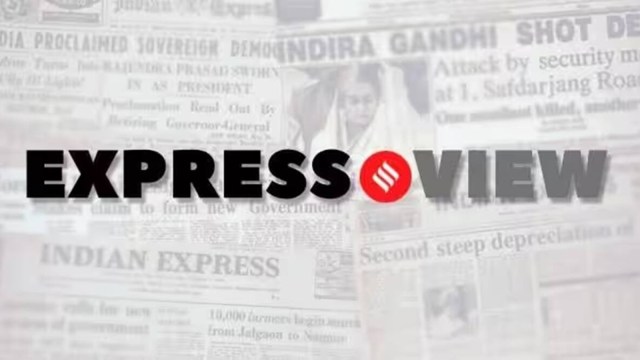
The altercation last week between two Marathi students and a bus conductor of the Karnataka State Road Transport Corporation (KSRTC) has reignited a decades-old debate between Karnataka and Maharashtra over Belagavi, formerly known as Belgaum, a district located at the northern border of Karnataka. The students allegedly assaulted the conductor for not speaking in Marathi — on Saturday, a similar incident took place in Chitradurga. Bus services in the region have been suspended, and the issue was also raised at the Akhil Bharatiya Sahitya Sammelan in Delhi. Since Independence, both states have been laying claim to Belagavi. The dispute has persisted, through different political dispensations, occasionally rising to the forefront of political contention in the border districts. The matter raises a larger question of dispute resolution — its processes and mechanisms — within a federal framework.
During the colonial period, Belagavi was part of the Bombay Presidency. According to the 1881 census, Kannada speakers comprised 64.39 per cent of Belagavi’s population, while 26.04 per cent spoke Marathi. The State Reorganisation Commission in 1956 included Belgaum and 10 other Marathi-dominated talukas in the Mysore state. The Maharashtra government submitted a memorandum to the Ministry of Home Affairs demanding 814 villages, including the urban settlements of Belgaum, Karwar, and Nippani. In 1966, the central government established the Mahajan Commission, which upheld Karnataka’s claims. In 2004, the Maharashtra government filed a petition in the Supreme Court under Article 131 (b), saying that the Marathi-speaking population in Karnataka felt “insecure”— the case is still pending. In 2021, Maharashtra CM Uddhav Thackeray released a book titled Maharashtra-Karnataka Seemavad: Sangharsh Aani Sankalp, to make Maharashtra’s case. The following year, the Karnataka Assembly passed a resolution that said that no land would be ceded to Maharashtra, prompting a similar resolution from the Eknath Shinde government. The Shinde government’s decision to include the Marathi-speaking areas of Karnataka, along with the families of Belagavi’s freedom fighters, under the Jyotiba Phule Jan Arogya Scheme further muddied the situation.